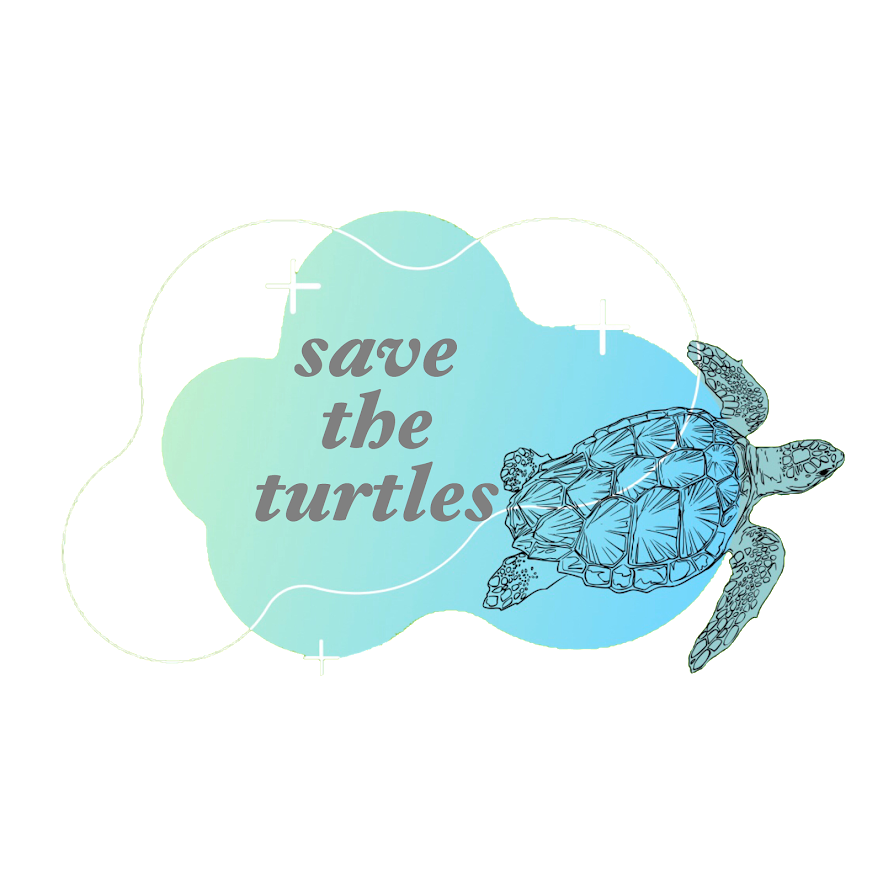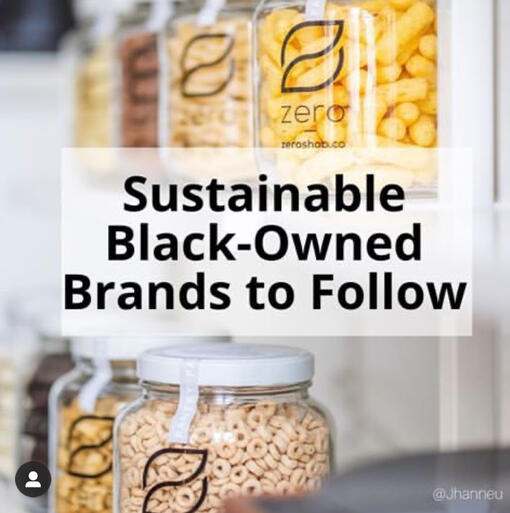
♡ Environmentalists for BLM ♡
I would like to clarify that I am not trying to distract from the BLM movement with my project whatsoever. I have been educating myself to become a better, more effective ally and have been sharing as much information as I can on social media.
We should not be repeating history and no one should fear going outside because of the color of their skin; no one should be targeted because of the color of their skin.
I refuse to stay silent, and I want to support my friends in their fight for justice.


Two Instagram posts to check out to support black-owned businesses by @jhanneu ♡
Post 1
Post 2
Due to environmental racism, more than half of the 9 million people living near toxic wastes are people of color. Black Americans are also 3x more likely to die from these pollutants.
What exactly is environmental racism?
As coined by Benjamin Chavis, environmental racism is “…racial discrimination in environmental policy making, the enforcement of regulations and laws, the deliberate targeting of communities of colour for toxic waste facilities, the official sanctioning of the life-threatening presence of poisons and pollutants in our communities, and the history of excluding people of colour from leadership of the ecology movements.”
55%
of those who live near hazardous waste facilities are people of color
47%
are Black or Latino
In Louisiana, black communities are being constantly exposed to toxic pollutants from the plants of the state’s “Cancer Alley,” and suffered from many cases of cancer, lung disease, and death.
In Flint, Michigan in April 2014, the city moved from using water from the Detroit Water and Sewerage Department to water from the Flint River, which was not properly treated to and allowed lead and other contaminants to leach into residents' water.
Due to the water crisis, Flint’s population plummeted to just 100,000 people, a majority of whom are African-American, and about 45 percent of its residents live below the poverty line. The Boil Water and Lead advisories were shown to be written to be understood by the educated and the wealthy. None of the advisories were translated to Spanish, even with hundreds of native Spanish speakers. City officials were aware of the Spanish speaking residents, but felt the need of an interpreter to be “overkill.”
Environmental racism has left some of our black brothers and sisters without clean water to drink, lack of access to huge supermarkets, and exposure to harmful, life-threatening chemicals.
Remember, please do not stay silent. Help anyway you can and continue to educate yourself and those around you.
another country in crisis, Yemen
learn more about Yemen and how you can help here: